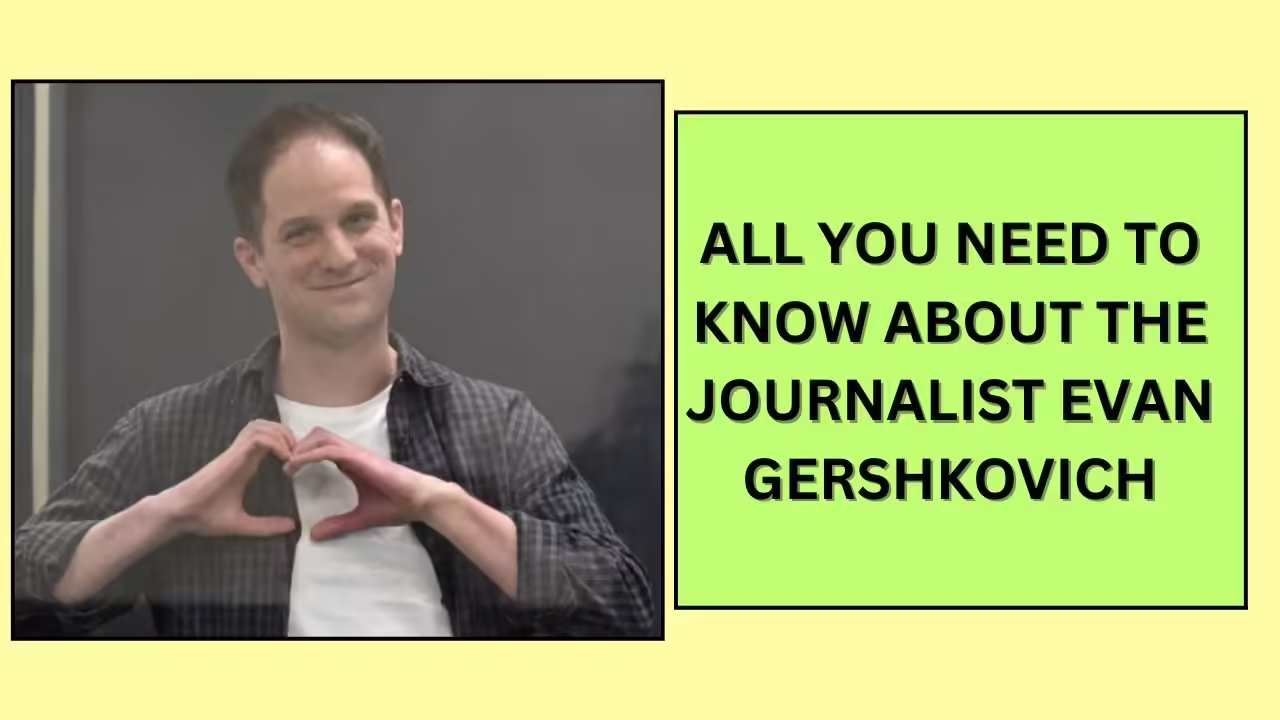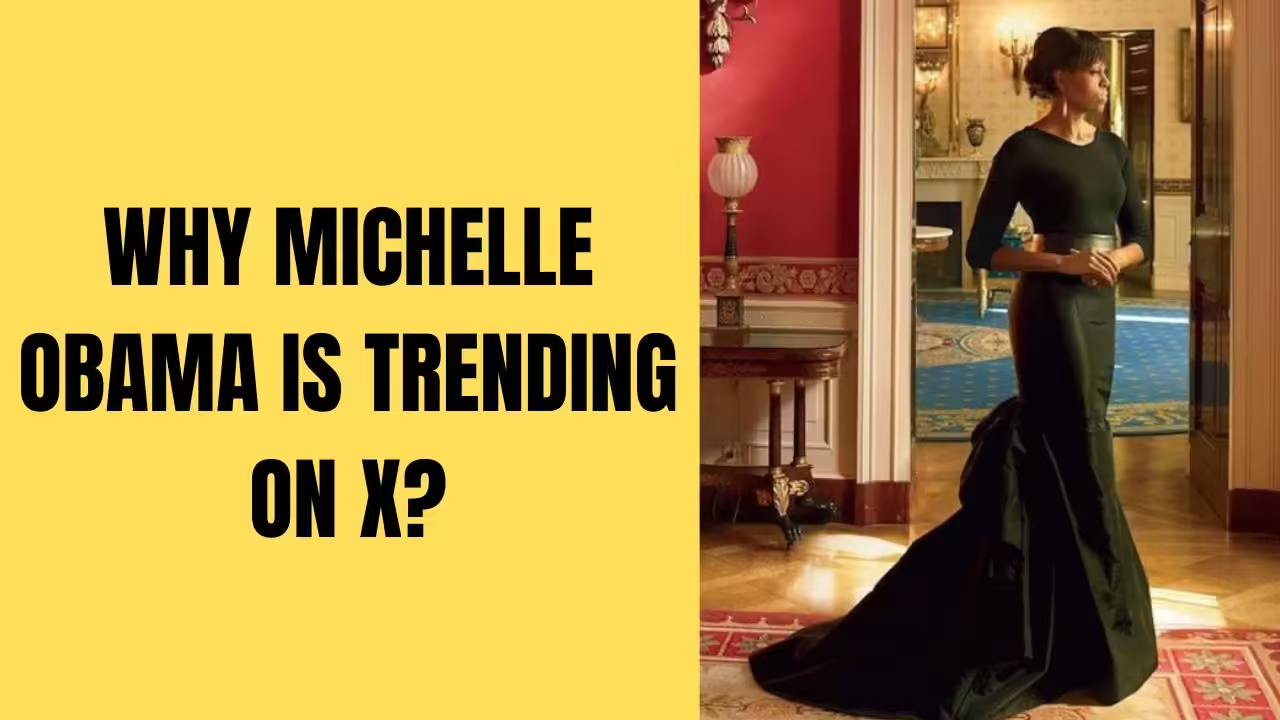In a significant turn of events, Evan Gershkovich, a Wall Street Journal reporter detained in Russia, has been released in a high-stakes prisoner swap. This exchange has captured global attention, highlighting the intricate dynamics of international diplomacy and the individuals involved. Here’s a comprehensive look at the key players in this monumental swap.
Evan Gershkovich: The Journalist at the Center
Evan Gershkovich, a seasoned journalist with the Wall Street Journal, was detained in Russia on charges of espionage. His arrest on March 29, 2023, sent shockwaves through the international community. Gershkovich, who has a reputation for in-depth reporting on Russian politics and society, vehemently denied the charges against him, asserting that he was merely performing his duties as a journalist.
Gershkovich’s detention marked the first time an American journalist had been arrested on espionage charges in Russia since the Cold War, underscoring the severity of the situation. His arrest drew widespread condemnation from journalistic organizations, human rights groups, and various governments, all calling for his immediate release.
The Russian Detainee: Viktor Bout
In exchange for Evan Gershkovich, the United States agreed to release Viktor Bout, a notorious Russian arms dealer. Dubbed the “Merchant of Death,” Bout was serving a 25-year sentence in the U.S. for conspiring to kill Americans, acquire and export anti-aircraft missiles, and provide material support to a terrorist organization.
Bout’s arrest in 2008 and subsequent extradition to the U.S. in 2010 was a significant victory for American law enforcement. His release as part of the prisoner swap has been met with mixed reactions, with some viewing it as a necessary compromise and others as a dangerous precedent.
The Negotiators: U.S. and Russian Diplomats
Jake Sullivan: U.S. National Security Advisor
Jake Sullivan played a crucial role in the negotiations leading to Evan Gershkovich’s release. As the National Security Advisor, Sullivan has been at the forefront of numerous high-stakes negotiations and is well-versed in the complexities of U.S.-Russia relations. His strategic approach and diplomatic acumen were instrumental in navigating the sensitive discussions required for the swap.
Sergey Lavrov: Russian Foreign Minister
On the Russian side, Sergey Lavrov, the seasoned Foreign Minister, was a key figure in the negotiations. Lavrov, known for his formidable negotiating skills and deep understanding of international diplomacy, was a critical player in orchestrating the terms of the exchange. His involvement underscored the importance Russia placed on securing the release of Viktor Bout.
The Impact on U.S.-Russia Relations
The prisoner swap involving Evan Gershkovich and Viktor Bout has significant implications for U.S.-Russia relations. This exchange, while successful in securing Gershkovich’s release, also highlights the ongoing tensions between the two nations. The willingness of both countries to negotiate a swap indicates a level of pragmatic diplomacy, but it also raises questions about the future of bilateral relations.
A Diplomatic Win or a Precedent?
For the U.S., the successful release of Evan Gershkovich can be seen as a diplomatic win, showcasing the government’s commitment to protecting its citizens abroad. However, the release of Viktor Bout, a convicted arms dealer, has sparked debate over the potential consequences of such exchanges. Critics argue that it sets a dangerous precedent, potentially encouraging hostile nations to detain American citizens as bargaining chips.
On the other hand, proponents of the swap emphasize the importance of bringing detained citizens home, regardless of the complexities involved. The exchange underscores the lengths to which the U.S. government will go to secure the release of its citizens, reaffirming a commitment to their safety and freedom.
Reactions from the International Community
The release of Evan Gershkovich has elicited a wide range of reactions from the international community. Journalistic organizations and human rights groups have expressed relief and support for Gershkovich and his family. The Wall Street Journal issued a statement thanking all parties involved in securing Gershkovich’s release and reaffirming their commitment to press freedom.
Journalistic Organizations
Organizations such as the Committee to Protect Journalists (CPJ) and Reporters Without Borders (RSF) have hailed Gershkovich’s release as a victory for press freedom. They continue to advocate for the rights of journalists worldwide, emphasizing the importance of protecting those who risk their lives to report the truth.
Human Rights Groups
Human rights groups have also welcomed the news, highlighting the broader implications for individuals detained under dubious charges. Amnesty International and Human Rights Watch have called for continued vigilance and advocacy to prevent such detentions in the future, stressing the need for international solidarity in protecting human rights.
The Broader Context: Journalism and Espionage Accusations
The detention of Evan Gershkovich brings to light the broader issue of journalists being accused of espionage, a tactic often employed by authoritarian regimes to suppress dissent and control the narrative. Gershkovich’s arrest was widely seen as an attempt by the Russian government to intimidate foreign journalists and restrict independent reporting within its borders.
The Chilling Effect on Journalism
Such tactics have a chilling effect on journalism, as reporters may become wary of covering sensitive topics or entering certain regions. The international community must continue to advocate for press freedom and protect journalists from unwarranted accusations and detentions.
The Role of International Pressure
International pressure played a crucial role in securing Evan Gershkovich‘s release. The global outcry and diplomatic efforts underscored the power of collective action in addressing human rights violations. Governments, NGOs, and the media must continue to collaborate to safeguard the rights of journalists and other vulnerable individuals worldwide.
Looking Forward: What This Means for Future Diplomacy
The prisoner swap that freed Evan Gershkovich serves as a reminder of the delicate balance in international diplomacy. It highlights the necessity of negotiation and compromise while also raising questions about the ethical implications of such exchanges.
Strengthening Diplomatic Channels
This incident underscores the importance of maintaining open diplomatic channels, even amid tensions. Effective communication and negotiation are crucial in resolving conflicts and securing the safety of citizens abroad. Future diplomacy will likely continue to involve complex negotiations, requiring skilled diplomats and strategic thinking.
The Need for International Standards
The case also highlights the need for international standards and agreements to protect journalists and prevent the misuse of espionage charges. Establishing clear guidelines and mechanisms for addressing such issues can help prevent future incidents and ensure the protection of human rights.
Conclusion
The release of Evan Gershkovich in a prisoner swap with Viktor Bout marks a significant moment in U.S.-Russia relations and underscores the complexities of international diplomacy. While the successful negotiation has brought relief and joy to Gershkovich’s family and supporters, it also raises important questions about the future of such exchanges and the protection of journalists worldwide. As the international community reflects on this event, the need for continued advocacy, vigilance, and strategic diplomacy remains paramount.



